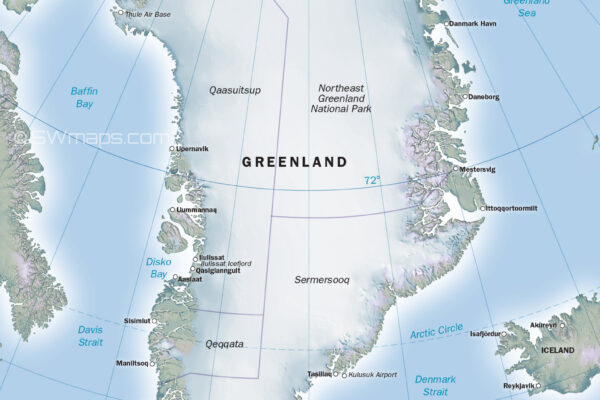Understanding the Kurdish Struggle: Current Events and Implications

The Importance of the Kurdish Issue
The Kurdish people, an ethnic group mainly located in the Middle East, have long been known for their rich culture and history. Spanning across Iraq, Syria, Turkey, and Iran, Kurds are recognized for their distinct language and traditions. However, their quest for autonomy and recognition has led to ongoing conflicts and struggles that inhabit the geopolitical landscape of the region.
Current Events Affecting the Kurds
In recent months, the Kurdish regions have witnessed several significant developments. One notable event was the Turkish military operation against PKK (Kurdistan Workers’ Party) positions along the Turkey-Iraq border. This operation, initiated in response to security threats, has resulted in heightened tensions not only between Turkey and the PKK but also with Kurdish populations in Iraq. Reports indicate that civilian areas have been affected, leading to a humanitarian crisis in some regions.
Furthermore, the Kurdish-led administration in northeastern Syria continues to face challenges as the Syrian civil war drags on. Despite victories against ISIS, the region remains precarious, with Turkish threats of invasion posing risks to Kurdish self-governance. Recently, international attention turned to the humanitarian situation with an influx of displaced persons seeking safety in Kurdish-controlled areas.
International Responses
Various governments and international organisations have responded differently to the plight of the Kurds. The United States and some European nations have expressed support for the Kurdish forces in their combat against ISIS. However, geopolitical interests often dictate the level of support provided. Critics argue that the Kurds have been left to fend for themselves in the post-ISIS environment, with no clear assurances of autonomy or international backing.
The Future Outlook for the Kurdish People
Looking ahead, the future of the Kurdish people remains uncertain. As regional powers jostle for position, the Kurds’ quest for recognition and rights is still met with resistance and conflict. Increased diplomatic efforts and dialogue may be the key to addressing the long-standing grievances of the Kurdish population.
In conclusion, the Kurdish people’s struggle for self-determination is emblematic of the larger issues of ethnic identity and rights within the Middle East. As their plight continues to unfold, international awareness and advocacy may play a pivotal role in shaping their future. For readers, understanding the complexities of this situation is crucial for grasping broader regional dynamics.
You may also like

Understanding the Current Political Landscape in the UK

Understanding the Significance of the Greenland Map

Current Events: What’s Happening in Iran
SEARCH
LAST NEWS
- Remembering Wendy Richard: The Promise to Co-Star Natalie Cassidy
- How Did Anglian Water Achieve an ‘Essentials’ Rating for Mental Health Accessibility?
- Shai Hope Leads West Indies in T20 World Cup Clash Against South Africa
- What We Know About Weston McKennie: Future at Juventus and Past at Leeds
- What We Know About the Upcoming Live Nation Antitrust Trial